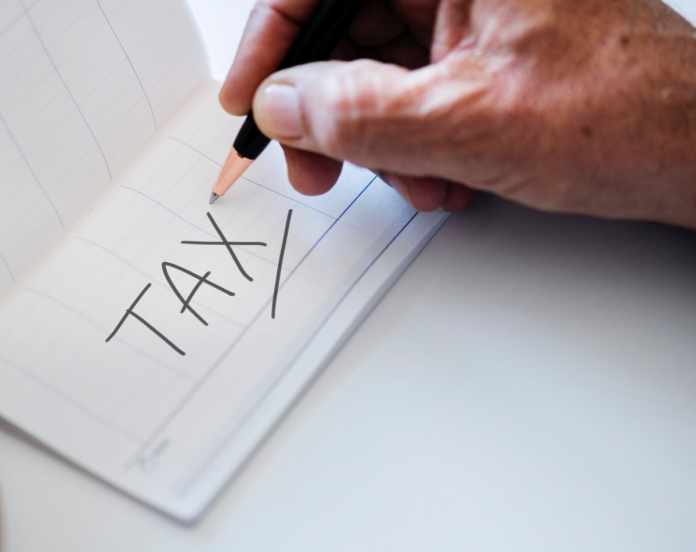As more people move to remote work, the online gig economy is booming. More people are striking out for themselves, or at least managing very active side hustles. If you are self-employed for the first time, you might be wondering how to file your taxes. Keep reading to learn the top things you should know when filing taxes as a self-employed person.
Table of Contents
Figure Out If You Need to Pay Taxes
Before you get into the complications of paying taxes as a freelancer or sole proprietor, you should probably figure out if you fall into the “self-employed” category!
Are You Self-Employed?
Before you can pay self-employment taxes, you need to make sure you are self-employed. The following categories pay self-employment taxes:
- Independent contractors
- Sole proprietors
- Side hustlers
- Recipients of a 1099 tax form (instead of a W2 form)
How Much Money Do You Make?
If you only did a small freelance job for someone, earning less than $400, then you do not need to file taxes for that small amount of income. However, if you earned more than that in a year from freelance, contract, or other self-employment work, then you need to file taxes.
Organize All of Your Paperwork
First, you should collect all of your 1099 forms and sources of income in one place. Next, you should organize the receipts of the purchases you plan to deduct.
Once you organize your paperwork, you can take it all to a tax professional (costing anywhere from $100 to $300 for the service) or you can file the taxes on your own.
Organizing your paperwork also means organizing your schedule. Make sure you are setting yourself up to complete your taxes by April 15.
Make Quarterly Payments
Depending on your income and state of residence, your total taxes (including the self-employment tax) can be anywhere from 25% to 40%.
This can be a lot to pay upfront. For this reason, it is recommended that you pay your taxes (the estimated amount) every quarter. This means you are making a payment on April 15, June 15, September 15, and January 15.
Learn About Deductions
Here are just a few of the deductions that you can make from your taxable income if you are self-employed. Remember that these deductions are only available in certain circumstances, so get advice from a financial advisor before submitting your tax forms.
The common deductions are:
- Vehicle costs (depreciation and mileage)
- Employee wages
- Office supplies
- Advertising expenses
- Rent for storage and office space
- Banking, bookkeeping, paystub maker, and legal fees
- Publications and books related to your business
- Up to $5,000 of start-up costs
Start Organizing Your Finances Today!
It is perfectly normal to feel overwhelmed when learning about self-employment taxes. Talking with financial professionals and doing research now can save you a lot of stress next year when you file your taxes!
Interested in learning more? Check out our site to read up on Finance and Business!












